Islamic Banking follows Shariah principles, which prohibit payment or receipt of interest, do not allow lending to unethical commercial activities, and from exercises financial leverage and speculation. Islamic banking has been steadily growing globally. In over 50 countries, Islamic financial institutions are in operation, providing Islamic faith complaint products and services, as variants to the conventional ones. However, the biggest challenge is to establish their feasibility, gain regulatory recognition and popularity. The question of sound risk management principles, accounting and auditing standards besides financial reporting standards are crucial.
Pure Islamic banks. Along with Islamic subsidiaries, and windows of conventional banks, currently control close up Dollar 400 billion in assets globally. Since Shariah forbids the earning of riba (interest), depositors are treated like equity shareholders. They earn a portion of the bank’s profits instead of interest. Loans are structured as asset-based diminishing-partnership or leasing agreements. A sukuk, or Islamic bond, is asset-based rather than debt-based, with bondholders receiving rent on the asset instead of interest. Overall, a premium is put on the concepts of transparency, cooperative ventures, shared risk, and contractual certainty.
Concern over credit provision and finance accessibility for the poor via microfinance is also relevant to Islamic banks. Current financial crises, such as bursting of the housing bubble in the United States and the accompanying credit crunch, highlights the need for greater moral inquiry into the structure of financial regulation. The development of socially responsible investing and the proliferations of Shariah-compliant finance bring much-needed ethical scrutiny to financial investments.

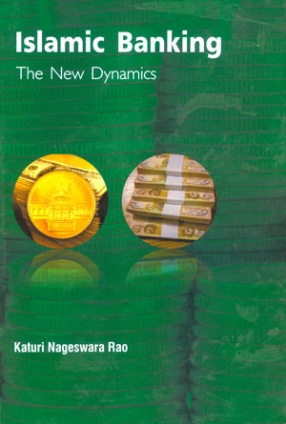
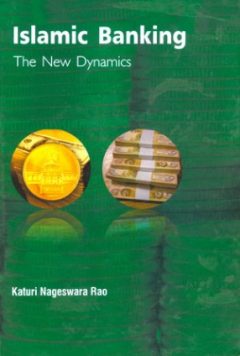
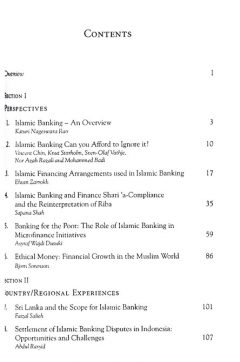
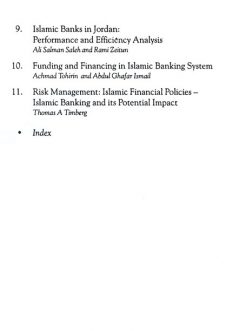
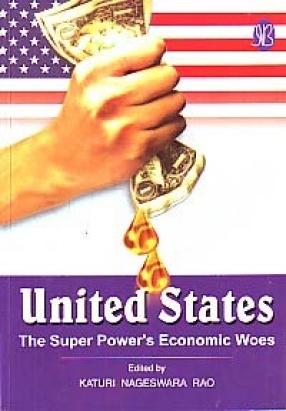
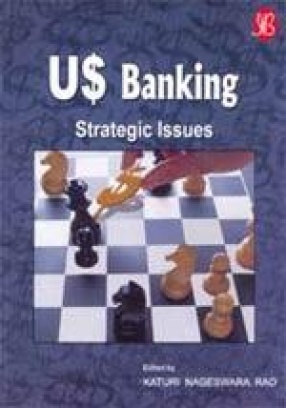

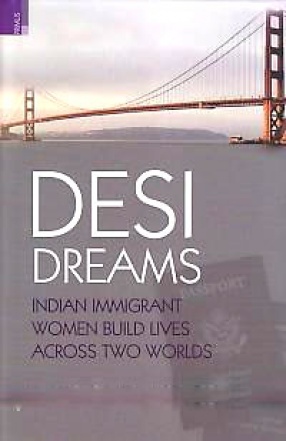


There are no reviews yet.